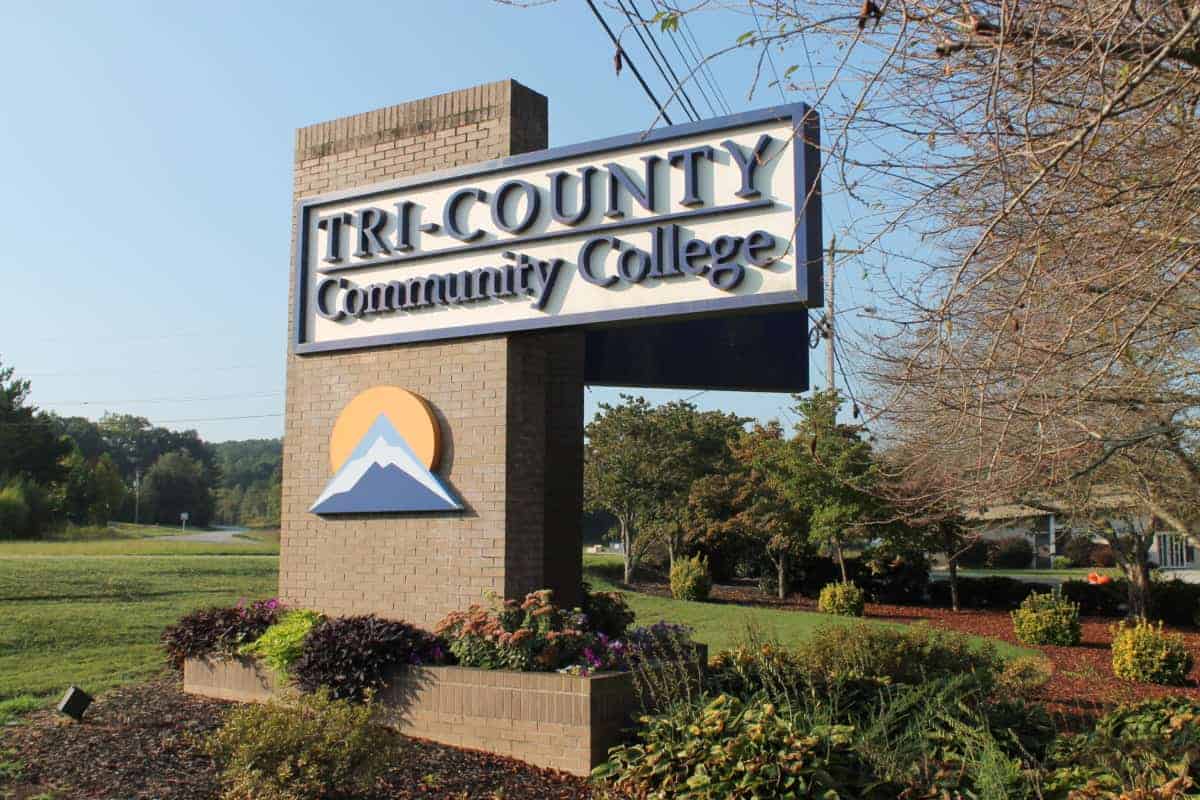

|
|
A House community college committee approved a bill that would allow students in four Georgia counties to get in-state tuition at Tri-County Community College in Cherokee County.
The bill would authorize a pilot program that would offer students in Fannin, Rabun, Towns, and Union counties in Georgia to attend the community college at the in-state tuition rate of $76 a credit hour, instead of the out-of-state rate of $268.
“The logical question would be why in the world would we want to give Georgia students in-state tuition?” said Rep. Karl Gillespie, R-Macon, a primary sponsor of the bill who presented during the committee meeting.
He went on to explain that the geography of Georgia actually makes it easier for students in those four counties to come across state lines to Tri-County, rather than go over the mountains to a school in Georgia. The bill is also sponsored by influential Republicans such as Rep. John Torbett, R-Gaston, and Rep. David Willis, R-Union, both chairs of the Education Appropriations Committee (Willis also chairs the House Community College Committee).
But it is not without its critics.
Rep. Mark Brody, R-Union, said in-state tuition is for North Carolina taxpayers.
“The purpose of funding education in North Carolina is to fund North Carolina citizens and residents, not to fund Georgia or any other state’s residents,” he said. “If Georgia has a problem with mountains, they might want to invest in a tunnel or something like that.”
He went on to say that this legislation would essentially amount to North Carolina taxpayers subsidizing students in Georgia. He said that if the bill included some sort of reciprocal agreement from a Georgia community college, that might be different.
“I have to oppose the bill because of the fact that we are doing something and obligating our taxpayers to do something that is not in the direction of where we want our state’s funding for education,” he said.
Gillespie said Tri-County has the capacity to take these extra students, and so extra resources aren’t needed. Furthermore, he noted that North Georgia Technical College does allow in-state tuition to North Carolina border counties already; there just isn’t any formal agreement. Finally, he said that while the bill may be helping fund Georgia students to come to Tri-County, there are benefits to North Carolina.
“We rely heavily in my district on those Georgia residents to provide us a labor force,” he said. “We’re turning around and helping our workforce in North Carolina.”
Similar bills have been tried before without success. Gillespie himself brought forth a similar bill in 2021, which passed the House but failed to pass the Senate, he said.
Another bill that got a favorable vote in the committee Thursday is one that would require three credit hours in American history or government in order to graduate from a UNC System school with a baccalaureate degree or a community college with an associate degree. The bill says that the State Board of Community Colleges can remove the president of a community college that refuses to comply for more than one year.
Both bills now go to the House Rules Committee.



